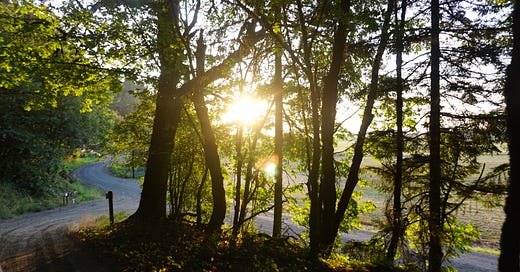I am participating in a Book Finishers Bootcamp this week, and I’m enjoying the leader’s Mindset Moments and the sessions together. Rhonda is doing a beautiful job of encouraging this group of participants in their writing journey. I believe our mindsets as writers have a great deal to do with how we accomplish our writing dreams. On a related note, I’ve been developing a workshop or short course for writers about how we sometimes write to heal, and how writers sometimes need healing, too.
As a counselor, I used to develop trainings for professionals and I like to help people develop a rhythm of life that helps them enjoy their work while taking good care to nurture their own minds and hearts. If we neglect this, it’s so easy to become depleted, and emotionally and spiritually dehydrated.
As writers, we sometimes write with the hope of blessing others. Sometimes people write about their painful experiences or even trauma in order to encourage others that healing is possible. In this course, I’ll explore the emotional well-being of writers. We’ll look at how sometimes we have more to offer others when we have at least made some progress towards our own healing and growth before sharing these experiences with others. A trail guide who sits at the base of the trail without ever traversing the path can theorize about the trail ahead, but he’s not necessarily much help as a guide.
And what happens when writers experience depression, anxiety or other challenges? How does the interplay of these emotional conditions and the writing life play out? What’s your own experience?
Sometimes writers talk about imposter syndrome. Even some really excellent novelists have commented that they struggle with this. What kind of self talk impacts your writing practice? In what areas would you like to change this inner chatter to instead be a supportive companion, encouraging you and reinforcing your identity as a creative person (and as a writer who finishes his or her projects), confidently sharing what you write with others?
I enjoy hearing writers share about what motivates them to write, and why they commit to become finishers of the books they have started. (I also recognize that hope deferred makes the heart sick—indeed, without a vision the people perish. Unfinished projects that matter to us really don’t foster good mental health.) My current project is about the inner transformation process, and I am writing from the perspective of a Christian writer with a counseling background.
When I write in alignment with my identity, do I have a solid grasp of my joyful identity in Christ? Am I aware of my daily connection with Jesus, who is called Immanuel, God with us? Do I cultivate this relationship and deepen my attachment with my Creator, allowing Him to guide my writing process? Am I able to bask in His Hesed, enjoying who I am as His beloved child?
In other words, am I writing as a outflow of a growing relationship with my heavenly Father, or am I digging cisterns that contain stagnant water, and trying to write something in my own strength?
I love some of the Old Testament stories about wells. In barren places, those who took the time to discover where water resides underground had to first identify a reliable source of the water. But that in itself wouldn’t quench the thirst of the livestock and the sojourning patriarchs. Digging wells took tremendous effort. That rocky, sandy ground wasn’t easy to dig in. And if they surmised wrongly about where the water would be found, their efforts might amount to a pile of rocks and an aching back.
But imagine this instead. Someday in the future, someone coming along this desert trail has a parched tongue and a weary body. The gritty sand in their sandals chafe and cause blisters. The wilderness can be relentlessly hot, making travel exhausting, and the travelers have sweat pouring down their faces and backs. But this chap in the lead sees the stack of rocks and the implements of a well dug by you long ago. Hope springs up within. His joyful cry awakens hope within the hearts of his companions. “It looks like someone dug a well here. Maybe we’ll find water here at last!”
Their livestock pick up their pace, and his traveling companions see the well, too. They can imagine the cool water quenching their thirst. This well could be the answer to their prayers. Their survival in this sun drenched land depends on hydration. They had begun to feel desperate and even afraid of what would happen if they didn’t encounter a water source soon. But here’s a well. At last.
Before long, they joyfully set up camp, filling the water buckets with the life-giving liquid they all longed for. Without this water, they would eventually perish in the desert. The men and women drink their fill. The camels and cattle take long, satisfying drinks from the water buckets.
Dig deep wells so that those who follow you can be refreshed, too.




